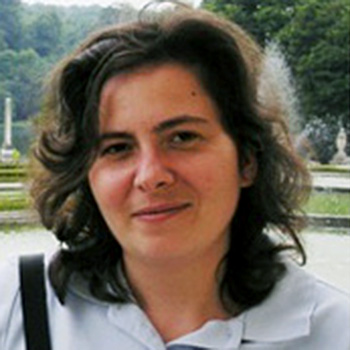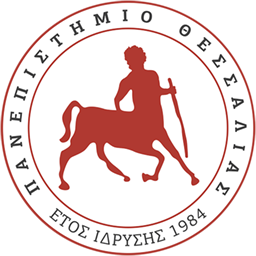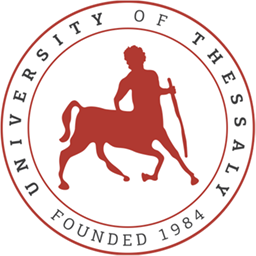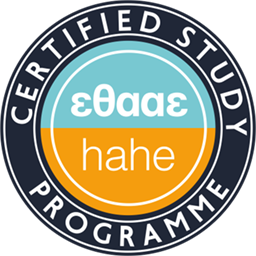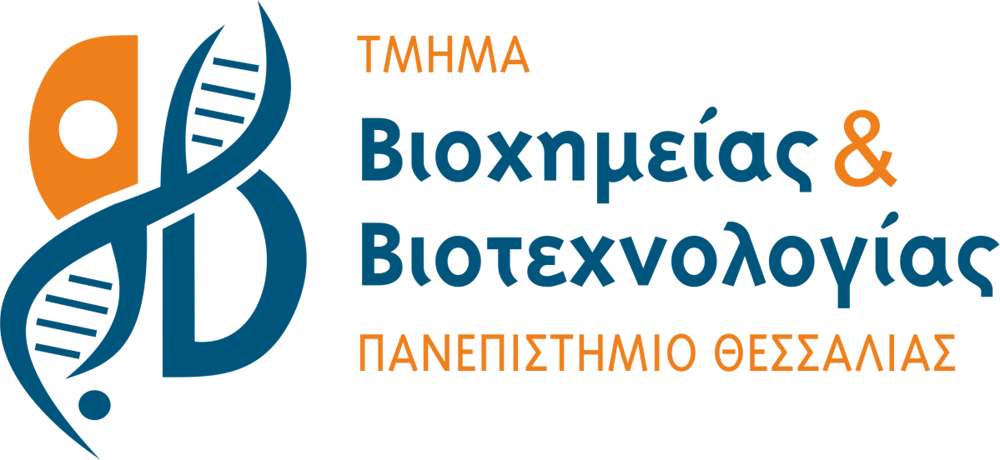Enzymology
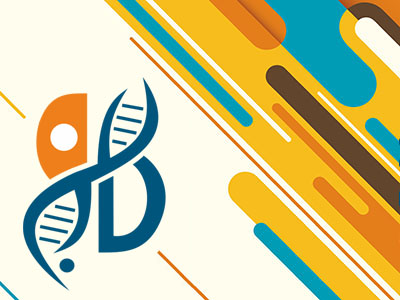
Theory: 4 hours/week | Practicals: 3 hours/week | ECTS Units: 6
Content – Aim of the course
The main goal of this course is for the students to understand the basic principles of enzymology. More specifically, the course aims for students to comprehend the importance of enzymes as biological catalysts, the regulation of enzyme function and the variety of applications enzymes have in research in the biological sciences, health and industry, as well as their contribution to overall improvement of the standard of living.
An important aspect in achieving these goals is the participation in the laboratory practicals, the written reports of the laboratory practicals, as well as the oral presentation of research papers on topics relevant to the course’s syllabus.
Upon completing the course, students should be able to:
- Understand basic principles of enzyme function
- Comprehend Define the structure-function relationship of enzyme catalysis
- Possess the knowledge of the importance of enzymes in the regulation of vital processes of organisms
- Define the mechanisms of enzyme reactions and catalytic strategies
- Understand the principles of enzyme kinetics and their importance in fundamental biochemical reactions of cells and organisms
- Define the mechanisms of regulation of enzyme activity
- Know the principles of the development and study of compounds for enzyme activation and inhibition
- Acquire skills on enzyme mechanics, enzyme engineering (genetic modification, artificial enzymes, etc.)
- Discuss on current applications and prospects on the field of Enzymology
During the laboratory practicals, the students are trained on enzyme isolation and biochemical characterization workflow, as well as on the effect of specific substances modulating enzyme activity.
Analytical Description of the Course
COURSE CONTENT
The living cell is the site of continuous and intense biochemical activities. Yet, the majority of the biochemical reactions are not spontaneous, but they are accomplished by catalysts, known as enzymes. The enzymes are responsible for accomplishing almost all of the chemical reactions in living organisms. In addition, many processes that are known from ancient times, such as the fermentation of sugar to ethanol, the basis of producing wine and beer, are attributed to the activity of enzymes. It is through the efforts to understand what enzymes are, how they work, and how they are regulated, that many advances in life sciences, medicine, biotechnology and agronomy are brought about. Thus, Enzymology, or the study of enzymes, served as a vital link between chemistry and biology. The isolation and crystallization of urease by James B. Sumner in 1926, the identification of the protein nature of biological catalysts, the discovery that DNA is replicated by an enzyme, DNA polymerase by Arthur Kornberg and its applications to DNA sequencing and PCR, to the identification of the catalytic properties of nucleic acids (ribozymes) by Thomas R. Cech and Sidney Altman, are some examples of how Enzymology has always been in the spotlight of many important discoveries in the wide field of Biochemistry, while greatly prompting the development of the field of Molecular Biology as we know it today. Yet, the directed enzyme evolution, or methods to “encourage evolution of enzymes to catalyse commercially useful reactions” that have never needed to evolve by the cells, has been rewarded by the Nobel Prize in Chemistry in 2018 to Frances H. Arnold, and shape the promising and fascinating field for enzymology that lie ahead.
The main goal of the course is to emphasize the structure-function relationship of enzymes, the understanding of catalytic strategies of the major classes of enzymes, the role of enzymes in nucleic acid metabolism and their contribution in recombinant DNA technology, the benefits of protein/enzyme engineering, the strategies of selection and improvement of enzymes from pathogens and, finally, highlight current applications of enzymology in therapeutics and industry.
- Detailed course outline
- Introduction, historical review
- Enzyme purification
- Structure and function of enzymes
- Enzyme kinetics
- Mechanisms of enzyme activity
- Regulation of enzyme activity
- Inhibitors and enhancers of enzymic activity
- Enzymes in bioenergetic systems
- Enzyme turnover
- Current applications of Enzymology and prospects
Laboratory Practicals
- The students are trained in a series of laboratory practicals that aim to the purification and the basic biochemical characterization of invertase from yeast extracts. More specifically, the practicals include:
- Extraction and preliminary purification of invertase from yeast
- Assay for invertase activity
- Ion-exchange chromatography (using DEAE-cellulose columns)
- SDS-PAGE analysis
- Kinetic analysis of invertase
Assessment
The students are evaluated by written exams on the course and the laboratory practicals, as well as by the reports on the laboratory practicals at the end of the semester.
Reading Suggestions
- Foundamentals of Enzymology. N. Price, L. Stevens. Parizianos Publications. Evdoxos code: 33134122
(Translated in Greek as: Βασικά Στοιχεία Ενζυμολογίας. N. Price, L. Stevens. Εκδόσεις Παρισιάνου, 1η έκδοση. Κωδικός στον “Εύδοξο”: 33134122.) - Enzymology. Georgatsos I., Gioupsanis T.A., Kyriakidis D. Ziti Publications. “Evdoxos code: 10998.
(Γεωργάτσος Ι. Γ., Γιουψάνης Τ. Α., Κυριακίδης Δημήτριος Α. Εκδόσεις Ζήτη. Κωδικός στον “Εύδοξο”: 10988.)
Teaching Material / E-class
Lecturers
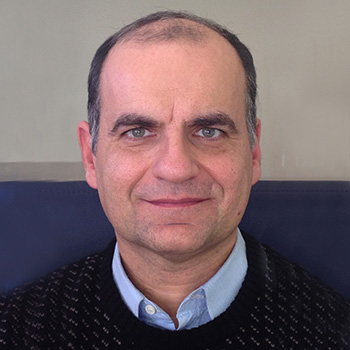
Nikolaos Balatsos (Course Coordinator)
